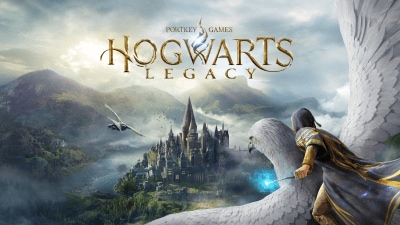Arundhathi Subramaniam’s new volume of poetry is unpredictable and utterly compelling
The language and imagery in Subramaniam’s volume fairly sizzles.
 Love Without a Story book cover
Love Without a Story book cover
Love Without a Story
Arundhathi Subramaniam
107 pages
Rs 499
Last year, I went to Cyprus for a conference and an Armenian lady gifted me the Complete Poems of George Seferis, translated by Edmund Keeley and Philip Sherarard. How did Seferis get in here? Because when I read Arundhathi Subramaniam’s Love Without a Story, it occurred to me that these were the best poetry volumes I have read in half a decade.
The language and imagery in Subramaniam’s volume fairly sizzles. In ‘A first Monsoon Again’, we get “a euphoria/ of gulmohur” and “every moment/ the memory of a previous one”, each dark cloud “a courier from a classical past”. And, of course, the call of love can’t lag behind sawan and bhadon, and the longing ‘“or a man whose voice/ is blue ash and oatmeal”.
Her approach is always elliptical, ambushing both the reader and the subject she is tackling. Love and poetry are, in a way, Siamese twins, but there always will be a thin ray of light, or not-seen-before shadow, fall on what she is grappling with. For Subramaniam, the strange thing about love is “that it melts you/ into an amateur” and “evicts you/ from the land of echoes” and finds you sitting “under the stars/ in ancient bewilderment”.
In a poem ‘Finding Dad’ she says, “When parents die”… ‘You believe
They must add up
To a story larger
Than the one you knew’
But wardrobe and unopened cologne tells you nothing much.
They end up “whole/ in the heart’s stubborn partisanship/ you knew as love./ Your dad’s crazy love.”
Writing on subjects like love or remembering, and much of poetry is always about memory or talking about it, is not easy. In a fine poem on remembering, she talks of “ambling storylines/ of green lotus stems/and wooden boats” and tells us that:
“Remembering isn’t an art but an instinct.”
She ends by saying that there is nothing piecemeal or “second hand/ about remembering”. This truism hits you, however slanted, when the kernel of truth is deposited on the reader. Her sweep is wide, the reader “suspended between the Tiber/ and the Arno, between wild geology/ and keeling light, where the wind/ is falcon flight and gravity aerial”.
A poetry volume is a chunk of life and a retelling of lived-through experiences. So, in her youth, we have a “binge”, if you call that one, at an Irani restaurant where she finds the “formica tables sticky/ with kolatkar, pound, almadovar,/ clarice lispector, nammalvar” (A reviewer needs to be humble. I thought Clarice Lispector was a lipstick, till I Googled! One must read this Jewish novelist who escaped to Brazil during the heyday of the Nazis). In her poems on parents, she finds them melting away “velvet-pawed sure-footed in to the night”.
The first poem in the volume has been misunderstood by critics. It takes after a line by the poet Eunice de Souza, ‘I Grew Up in an Age of Poets’. The old poets were bedevilled with a “shiver of doubt” about themselves and possibly their writing. Now, she meets poets who exchange visiting cards, “their laughter splintered eggshells”, who are best met in poems.
One of the qualities of Subramaniam’s poetry is its unpredictability, as with some short story writers who specialise in the twist in the end. With this poet, the ending is natural, and yet, one wouldn’t have predicted it.
Keki Daruwalla is a poet and short story writer. He was awarded the Sahitya Akademi Award in 1984
- 01
- 02
- 03
- 04
- 05



























